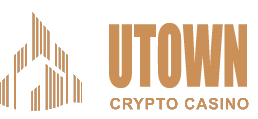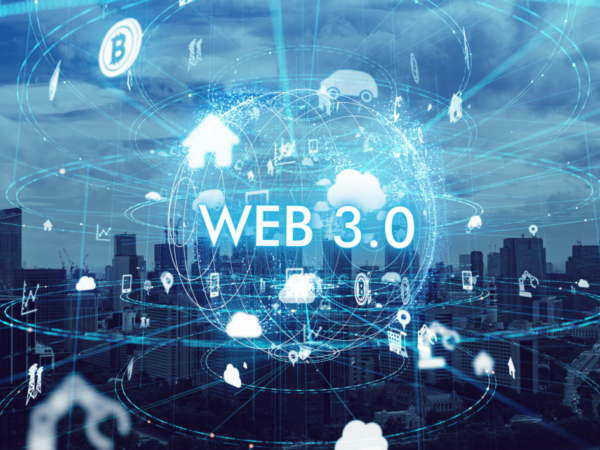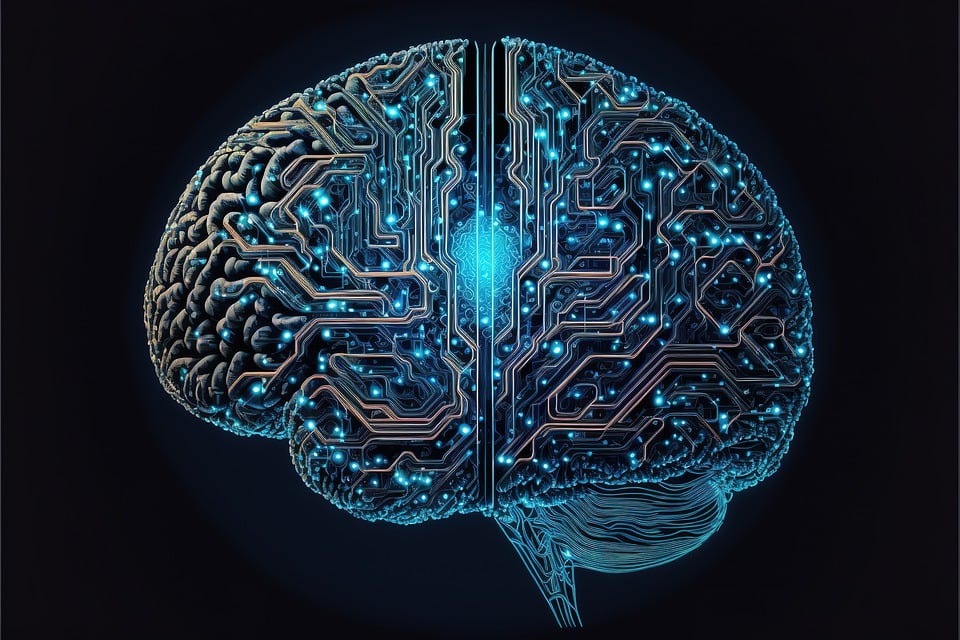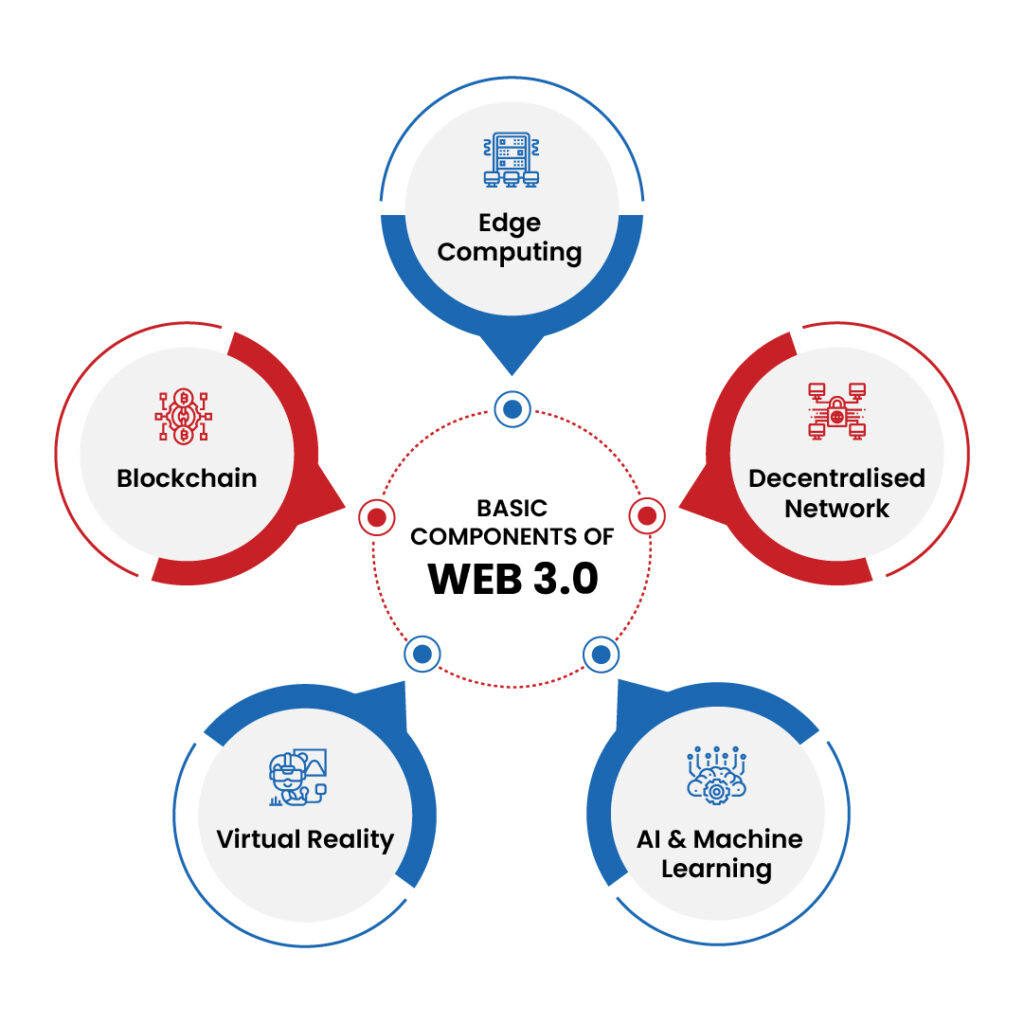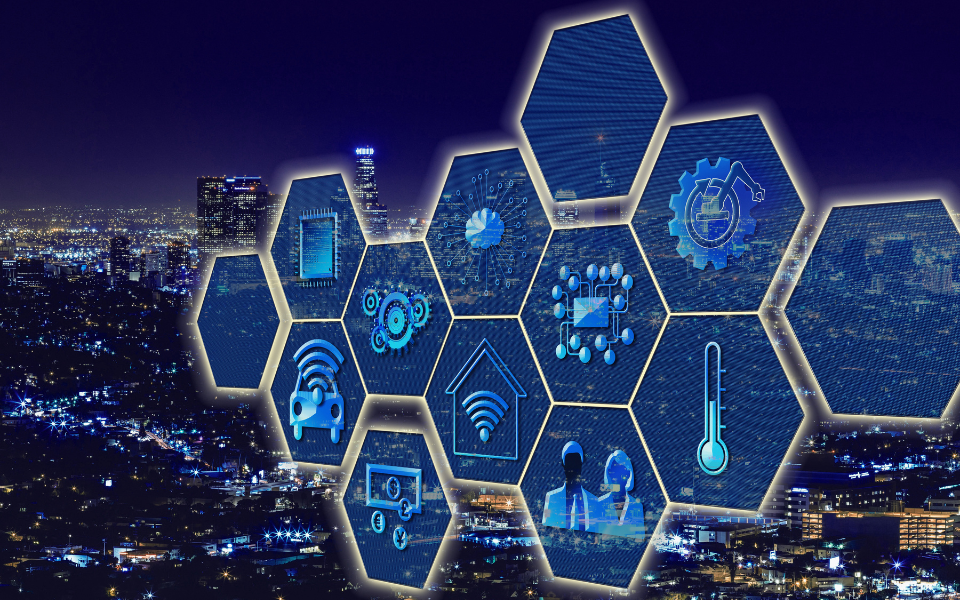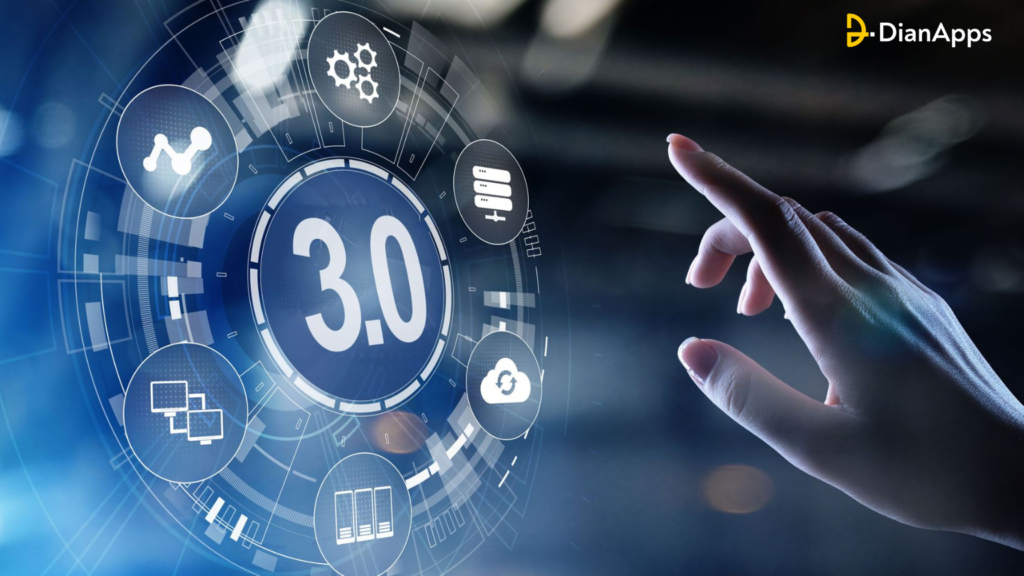Introduction to Web 3.0: The Evolution of the Internet
Web 3.0, often referred to as the decentralized web, represents the next paradigm shift in the internet’s evolution, promising to make our online experiences more intuitive, secure, and personalized. As we transition from the static pages of Web 1.0 and the user-generated content of Web 2.0, Web 3.0 integrates the power of AI and blockchain technology to foster a more user-centric internet landscape.
Key Characteristics of Web 3.0
One of the defining traits of Web 3.0 is the utilization of artificial intelligence (AI) and machine learning. These technologies allow computers to understand information in a more human-like fashion, providing a richer, more immersive online experience. For instance, search engines in Web 3.0 can provide far more accurate results by understanding user intent and context of queries more deeply.
Moreover, Web 3.0 is heavily built upon the technology of blockchain, which adds layers of security and eliminates the need for central authorities (such as banks or tech giants), thereby promoting a more decentralized model of the internet. This is a significant shift towards a more democratic and user-empowered online environment.
The Impact on Various Industries
With its core reliance on decentralization, Web 3.0 is set to revolutionize several industries. In finance, for instance, blockchain technology offers disruptions such as cryptocurrencies and smart contracts that could redefine transactions and contractual agreements. In the media realm, Web 3.0 can help in creating more direct interactions between content creators and consumers, potentially minimizing the role of intermediaries.
Education is another sector that stands to benefit greatly from Web 3.0 technologies. Enhanced data security and peer-to-peer learning platforms can democratize educational access, creating more opportunities for remote learning and virtual classrooms.
Challenges and Opportunities
Despite its vast potential, transitioning to Web 3.0 is not devoid of challenges. Privacy concerns, data security, and significant energy consumption of blockchain technologies are some hurdles that need addressing. However, the opportunities for creating a more transparent, efficient, and user-friendly internet are immense.
Policymakers, developers, and users need to collaborate to establish norms and regulations that harness the benefits of Web 3.0 while mitigating its risks. This collaboration will be crucial in shaping an internet that aligns with the ethical considerations and security concerns of modern web users.
Explore Web 3.0 with UTOWN
To dive deeper into the exciting world of Web 3.0, consider using platforms like UTOWN. UTOWN is designed not just to inform but to also provide a practical engagement with Web 3.0 tools and applications. Whether you’re a tech enthusiast, a developer, or just curious about the future of the internet, UTOWN serves as an ideal gateway to enhance your understanding and leverage the power of Web 3.0. Explore today and be part of the cutting-edge internet evolution!
